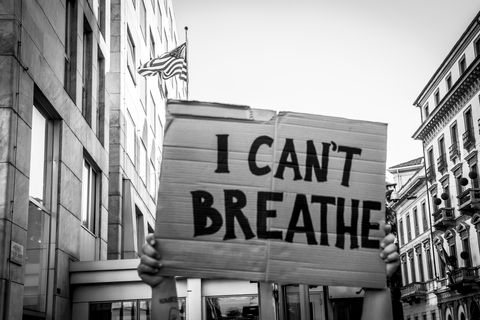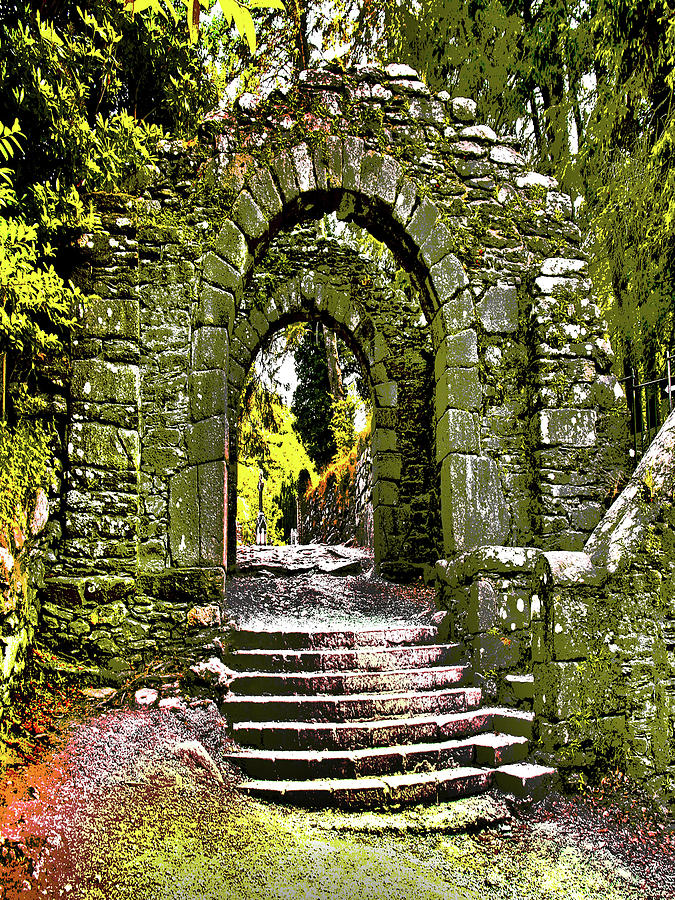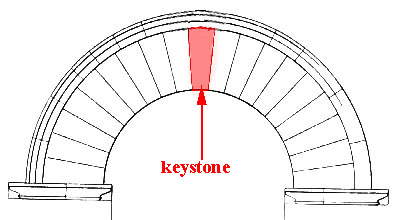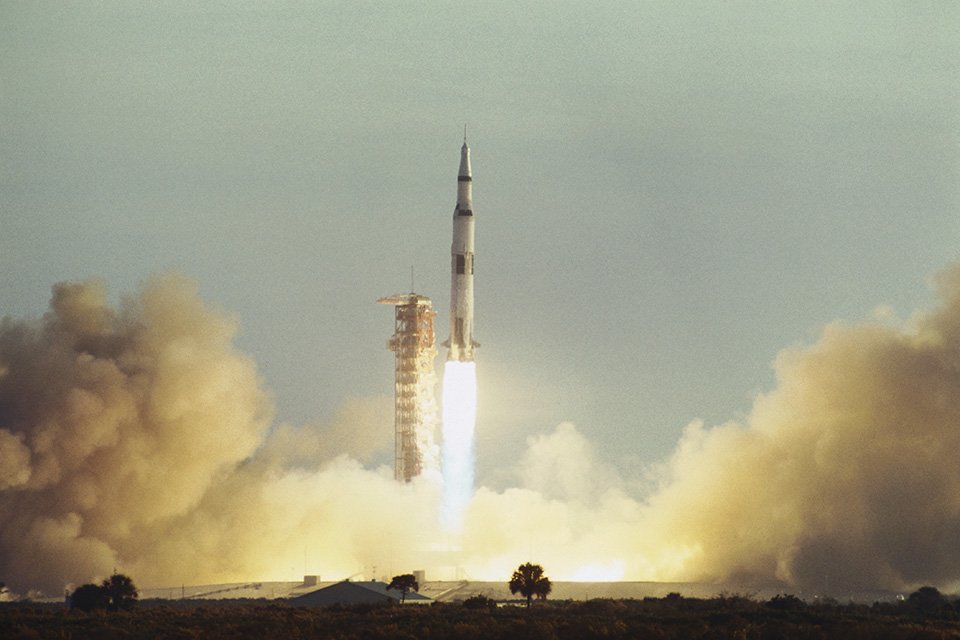May 8, 2016, changed my perspective on the world and my place in it. It was the day that I traveled with a group of Christians from around the world through the concrete wall from East Jerusalem into the West Bank. Like all Christian pilgrims, we visited Bethlehem and the Church of the Nativity, but we also broke bread and shared conversation with Palestinians living in the West Bank. Some of our Palestinian hosts remembered having had their lived uprooted and their land confiscated decades ago. Others had lived their entire lives in the West Bank as refugees in their own country. (As a side note, Americans often equate “Palestinian” with “Muslim,” but the indigenous Christians in the Holy Land are all Palestinian as well.) As our bus was in the queue to leave the West Bank and cross back through the concrete wall into East Jerusalem, we saw a stream of men and women passing through a checkpoint and crossing into the West Bank on foot. “Who are they?” I asked the Dean of St. George’s College. “They are Palestinians who work in East Jerusalem,” he explained, “If they aren’t back behind the wall by 7 p.m., they lose their work permits and their jobs.”

Palestinians waiting to cross back into the West Bank
That night I was haunted by questions: “If I were enclosed within a concrete cage (which is what the West Bank wall is, as anyone who has experienced it in person will attest); if the authorities treated me differently in my own country; if by either law or social pressure I were forced to be wary all the time; how would I react and respond? How long would it take before my frustration overflowed, and I erupted in violence?” I did not pose these questions generally; I pondered them with my actual self in mind: I, who am quick to stand up for myself and those I love, who knows in myself what indignation looks like, who believes with my whole heart and soul in God’s vision for the kingdom. And my honest and sobering answer, which kept me up all night, was, “It wouldn’t take long.”
Ever since my experience in May 2016, my wonder has not been at the occasional violence in the West Bank; it has been, rather, that there is so little of it. I am amazed at the fortitude, the patience, and the faith of Palestinians who yearn for a better—and fairer—life.[i]
Closer to home, my experience of the West Bank also altered the lens through which I view issues of race in the United States, and especially the relationship between black and white America. I am a Southern, white, heterosexual, cisgender male, which means that when making small daily decisions or large life-altering decisions I have never (literally never) had to pause and consider anything other than my hopes for my own actualization. Whether certain opportunities might be denied me; whether those in authority might treat me poorly; whether I might be profiled nefariously because I am somewhere I look out of place…I’ve never had to consider any of these things. But if I did have to do so—every moment of every day—how might I respond and react? How might indignation and frustration build in me? And then, if I saw every attempt at peaceful demonstration denigrated as unpatriotic; and if I repeatedly saw unarmed people who look like me molested, harmed, and killed by bad actors with the authority to protect; what would I do then? Not what would some hypothetical person do then, but what would I do then?
All that is to say, it is not a wonder to me that the aftermath of George Floyd’s death has included violent protest. Rather, it’s a wonder to me that such protest is so rare.
Which is not to excuse violence. Violence is like cancer. It refuses to remain within any bounds, and as has already happened in Houston (as happened last night to the Magnolia Hotel just across the street from Christ Church Cathedral) violence quickly leaves destruction in its wake. And the destruction is not merely of physical property. As a friend and former parishioner who is a police officer said on Facebook yesterday, the overwhelming majority of police officers are good cops, and last night in Houston good cops were injured while faithfully doing their jobs. That is also unjust.
I can lend my voice to condemn violence, which I do without reservation, and I can say forthrightly that violence in the face of chronic racial discrimination is to be expected. Human beings created in the image of God will demand dignity, and when dignity is denied indignation will become frustration. When no remedy is found, frustration will become violence. Tamping down protests is akin to taking Tylenol for a fever. It may mask the symptom briefly, but it will not restore health.

In order for us to be a healthy society, in order for us to approximate the Beloved Community of which Holy Scripture speaks, we must individually and corporately soul-search. We must acknowledge, as I realized that day in the West Bank, that our experiences of the world are constitutively different, and in order to understand one another we must be willing to see and to listen. To put a fine point on it: This must begin with white people. Earlier I listed all the things I’ve never had to do as I walk through the world. We could add to that list, that white people have never had to listen to the experiences of black people. The world has been our world, in which we choose the frequency and the song to be sung. To put down the microphone and let another speak, especially when we know that the words will, at least in part, indict us is very uncomfortable. But it’s not as uncomfortable as the black experience of seeing, again and again and again, versions of the police officer’s knee on George Floyd’s neck.
For Christian people, this is not only a civic pursuit; it is a calling. From the prophets through the Lord, Holy Scripture points us to the Beloved Community that will be the fulfilled kingdom of God. And, Christians are called to live now as if the Beloved Community is already a reality, to model what the kingdom looks like as a witness to the world. When we read the beautiful metaphors in the eleventh chapter of Isaiah, they are not to be for us mere poetry. For Christian people, they are the mirror in which we are to see ourselves, and they are the blueprint for how we are to live our lives:
A shoot shall come out from the stock of Jesse,
and a branch shall grow out of his roots.
The spirit of the Lord shall rest on him,
the spirit of wisdom and understanding,
the spirit of counsel and might,
the spirit of knowledge and the fear of the Lord.
His delight shall be in the fear of the Lord.
He shall not judge by what his eyes see,
or decide by what his ears hear;
but with righteousness he shall judge the poor,
and decide with equity for the meek of the earth;
he shall strike the earth with the rod of his mouth,
and with the breath of his lips he shall kill the wicked.
Righteousness shall be the belt around his waist,
and faithfulness the belt around his loins.
The wolf shall live with the lamb,
the leopard shall lie down with the kid,
the calf and the lion and the fatling together,
and a little child shall lead them.
The cow and the bear shall graze,
their young shall lie down together;
and the lion shall eat straw like the ox.
The nursing child shall play over the hole of the asp,
and the weaned child shall put its hand on the adder’s den.
They will not hurt or destroy
on all my holy mountain;
for the earth will be full of the knowledge of the Lord
as the waters cover the sea.
The Cathedral’s Justice & Peace Council has begun formulating a program on racial reconciliation, which we’ll launch next year. In the meantime, may I be—may we all be—agents of grace and reconciliation in the world. And may God weave us together as the Beloved Community.
_________________________________
[i] It is important to say, because some will read into my comments things I do not intend, that I believe equally that the enduring State of Israel as a safe and secure home for the Jewish people is a necessity.







